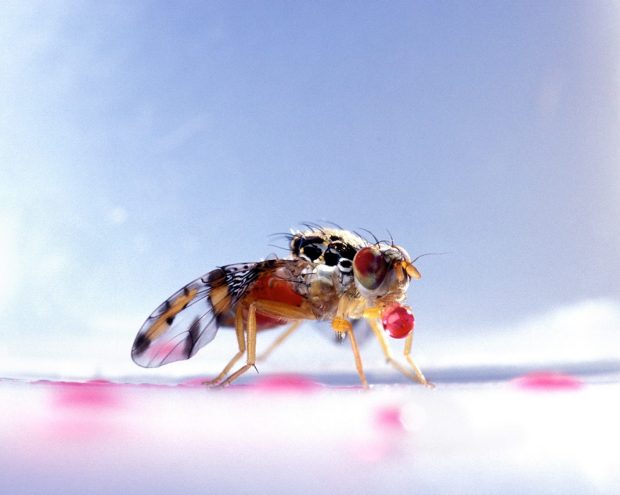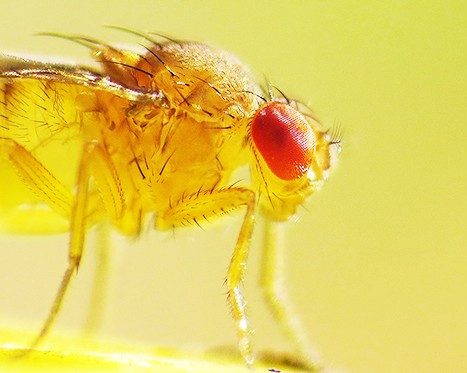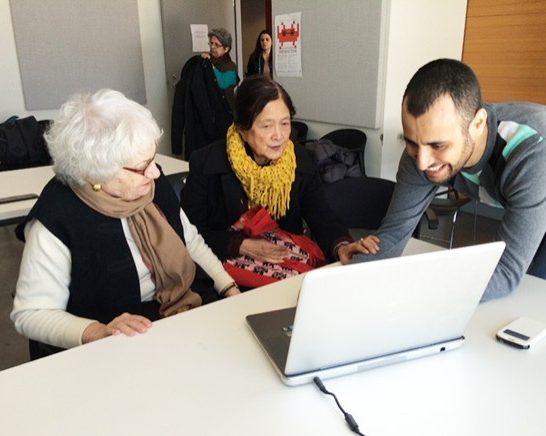RESEARCH
Our research
75% of human disease-related pathways are conserved in flies, yet the complexity of the human and vertebrate anatomy and physiology often hinders studies of the underpinning genetics and molecular biology, which limits our ability to design effective therapeutics. While using fruit flies to study human physiology may seem unlikely at first glance, the extensive evolutionary conservation can be leveraged to design highly informative studies. In fact, many fundamental and complex biological processes have been first discovered in flies (e.g., chromosomes are the base of inheritance, X-rays mutagenicity, circadian rhythms, stem cells etc.).
Our interdisciplinary research in molecular developmental biology utilizes genetic, molecular and chemical screens to advance mechanistic knowledge of pathological states (e.g., cystic kidneys) and longevity-promoting pathways to identify novel therapeutic approaches. Moreover, we pioneer novel strategies to rapidly advance knowledge of biological processes. Small-molecule chemical probing and tailored "fly pharmacology" in the whole animal in vivo are employed to refine our mechanistic knowledge of the pathways and discover effective points of intervention that may be translated into clinical practice. The fly's minuscule size enables rapid assessment of the biological activity of molecules in miniaturized whole-animal assays with analytical amount of compounds, allowing the discovery of novel drug prototypes. Moreover, the fly's short life cycle and economic culturing makes it possible to efficiently perform necessary experimental iterations to achieve detailed knowledge and, importantly, to monitor long-lasting metabolic effects of drug administration that can be used to predict its long-term effectiveness and possible toxicity. The prospects of this pioneer drug-discovery research sparked interest. We initiated a collaboration with medicinal chemistry innovator Professor W. D. Lubell at the Université de Montréal to perform structure activity relationship studies of prototype anti-cystic compounds. Moreover, a company interested in promoting health, longevity and education, BH Bioscience, has become our partner to characterize molecules that can extend the healthy life span through the MITACS national funding program. Other ongoing collaborations include geneticists and nephrologists (see publications).





